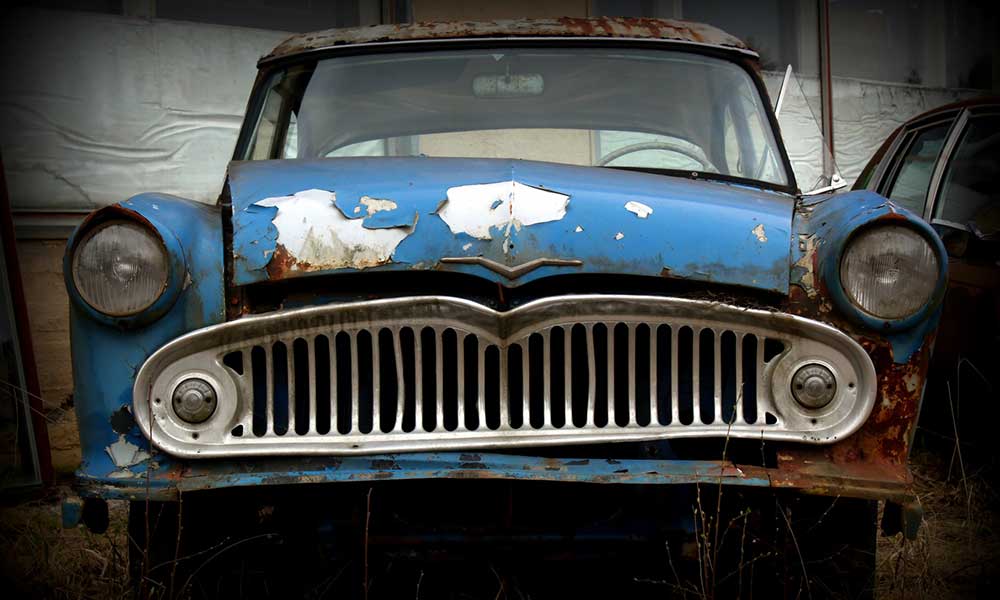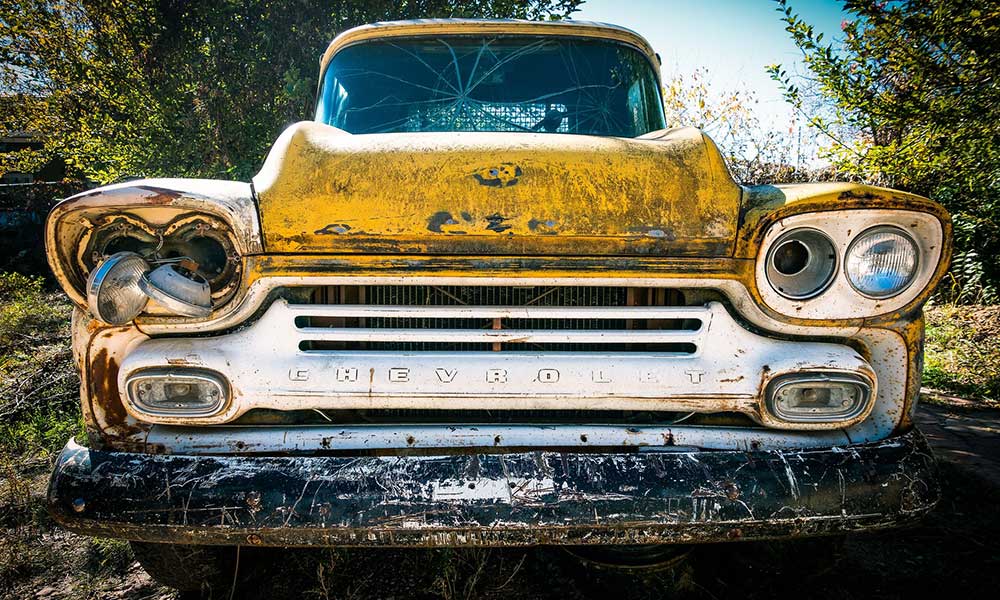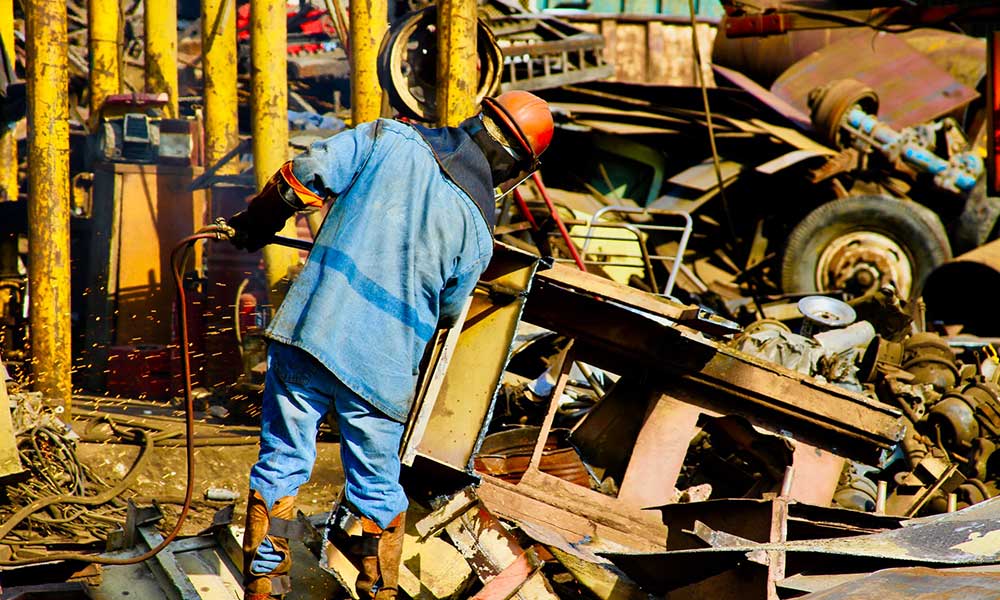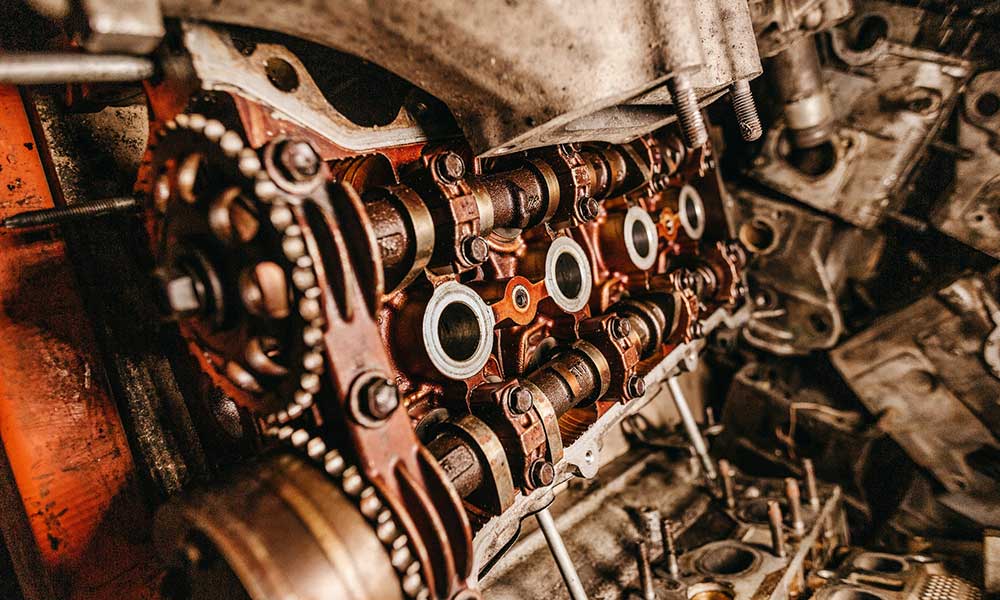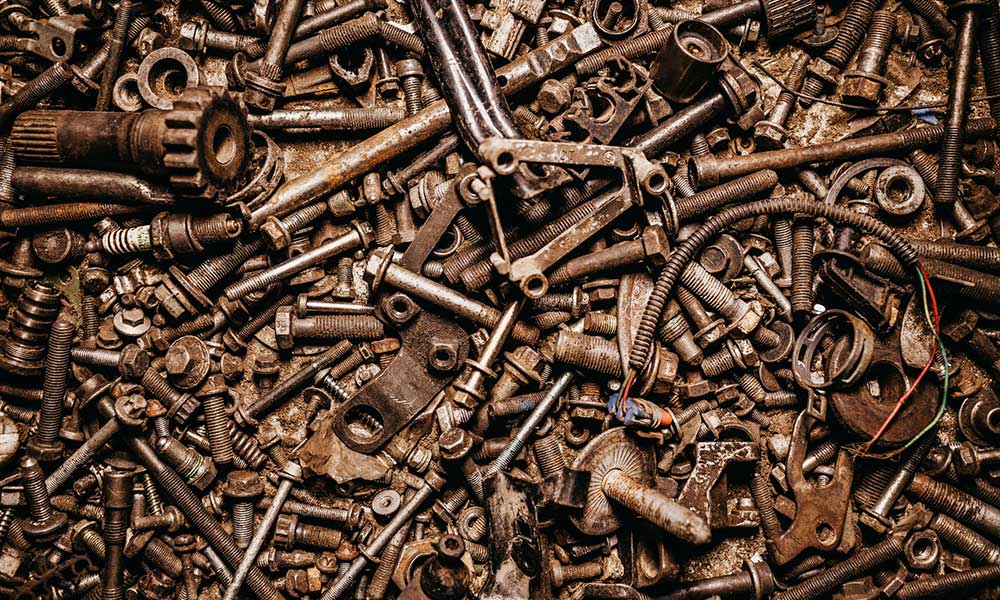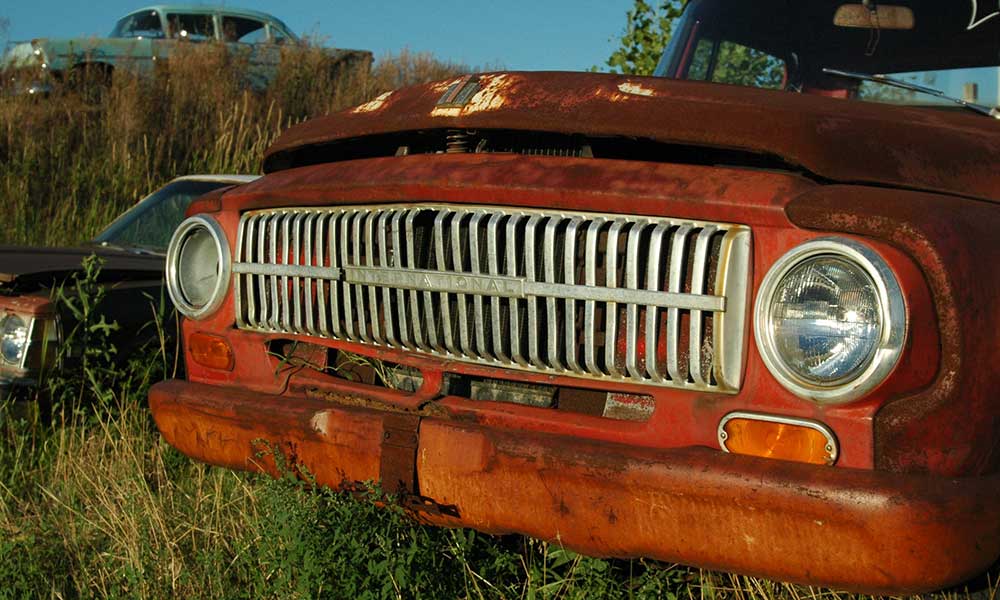Selling a car that’s been in an accident is legal, but there are some steps you must take before selling the car. Here’s what you need to know.
Evaluating the Accident Damage
Before you sell your car, you need to assess the damage. Some people will be willing to purchase your damaged vehicle, but you need to be able to tell them what parts of the car are damaged and the type of damage that was sustained.
Structural Damage Assessment
Structural damage refers to the damage to a vehicle’s skeleton, which is its underlying structure or chassis. This type of damage can occur when the vehicle is involved in a collision that causes its structure to become deformed, affecting the car’s value, performance, and safety.
Estimating Repair Costs
Estimating your repair costs is a great way to get an idea of how much you can expect to pay to fix your car. The following can help you with estimating your auto repair costs:
- Talk with auto repair shops and compare prices
- Use a collision repair cost calculator
- Use a repair estimate tool to find the estimated repair costs of your vehicle
If your goal is to save money in this process, it may be a good idea to make the minor repairs on your own. Ensure you receive at least three estimates when comparing repair prices.
Determining Total Loss Status
In most cases, your auto insurance company will determine your car’s actual cash value before the loss occurred and then estimate the amount of damage.
For your auto insurance company to declare your car a total loss, it must meet one of the following criteria:
- The cost to repair your car is more than the car’s actual cash value
- The state’s auto insurance laws dictate that your car should be considered totaled
- Your auto insurance company determines that your car can’t be repaired to meet the state’s safety standards
Disclosing the Accident History
Disclosing your car’s accident history is essential and required by law in some states. Even if your state does not require a car’s accident history, it’s good to disclose as much information about your car as possible. You can purchase a detailed accident history report as the car’s owner. This report lists collision repairs and other details about your car.
Legal Requirements
Some state laws require you to disclose your vehicle’s history and condition. In states that have this legal requirement, if you are selling a car that has been in an accident, you must disclose the car’s damage to all potential car buyers.
To do so, in your description of the car, you must disclose all the damage the car sustained and how long ago the accident occurred. The more documentation you can provide the buyer, the more likely you will sell your car.
Building Trust with Buyers
Building trust with potential buyers is another essential aspect of selling a car, especially one that has been in an accident. The best way to build trust with buyers is honesty. Although your car has sustained damage, it may still have much life left with the right buyer.
In this situation, your ideal buyer would be someone who is willing to put in the time and effort to make the required repairs. It’s a good idea to provide a vehicle history report as well as a list of the repairs that need to be made. Having these documents lets the buyer know you’re serious about selling the car and you’ve done some of the hard work for them by assessing the car and determining damages and repairs.
Deciding Whether to Repair or Sell As-Is
Whether you sell or repair your car is up to you. If you plan on selling the car, once you speak with your auto insurance provider, you’ll keep the car and sell it as-is or make the necessary repairs, then sell it. Your auto insurance company will give you the option of a full or partial settlement claim.
Full Auto Insurance Settlement
If you’re selling your car, you won’t accept a full auto insurance settlement from your auto insurance provider, but we’ll discuss it so you know your options. With a full insurance settlement, you will sign the car title over to your auto insurance company and be paid full payment for the damages. With a full auto insurance settlement, you must settle any liens if necessary. After you complete this step, the vehicle will no longer be your responsibility.
Partial Auto Insurance Settlement
A partial settlement from your auto insurance company is what you want if you intend on keeping your car. In a partial auto insurance settlement, your auto insurance company pays for partial damages, and you keep your vehicle, which allows you to repair or sell the car.
Repairing the Car
If you decide to repair your car, you can make the required repairs and hit the road again unless your car has been deemed a salvage. If your car has been deemed a salvage by your auto insurance company, you’ll need to make the necessary repairs, pass an inspection, and obtain a rebuilt car title so you can drive your car again. Operating a salvage vehicle is illegal, and you must obtain a rebuilt car title to operate the car legally again.
Selling As-Is
Selling your damaged vehicle as-is may be the most simple process out of all of the other options. When you sell your car as-is, you don’t have to worry about specific paperwork you need to submit to your local DMV or the equivalent authorities or spending money to make the necessary repairs. It’s a what you see is what you get deal. Make sure you disclose you are selling your car as-is so potential car buyers know what to expect.
Choosing the Right Selling Platform
Choosing the right selling platform is another essential aspect of selling a car that’s been in an accident. A lot of the hassles of selling a car are a thing of the past, thanks to the internet. Let’s take a look at your options.
Online Marketplaces
Online marketplaces, such as Craigslist and similar online marketplaces, are good for selling cars. When you use these marketplaces, you reach more people who may be interested in buying a car, even if it has accident damage. Make sure you provide a detailed description of your car and the damage it sustained. You also want to make sure that you provide pictures of the damage so buyers know what kind of repairs need to be made.
Local Dealerships
If you’re going to sell your car to a local dealership, there are a few steps you need to take before you sign over the car’s title.
Prepare Your Car
Before you take your car to the dealership to sell it, make sure your car is clean inside and out. You may also want to consider making minor repairs, as this can increase the car’s value.
Determine Your Timeline
It’s a good idea to determine your timeline for selling your car so you can get the most money. If you’re not in a hurry to sell your vehicle, you have time to consider your car’s mileage, the season, and the debut of next year’s vehicle for the same model car.
Research Your Car’s Value
There are different tools, such as Kelley Blue Book, that you can use to determine your car’s current market value. Knowing your car’s worth is essential for negotiating with the dealer. Be advised that most dealers will consider supply and demand when they make an offer on your vehicle.
Signing Over Your Car’s Title
After you find a dealer that is willing to buy your vehicle at a price that is acceptable to you, they will handle most of the paperwork on your behalf. If you own the vehicle outright, meaning you don’t have a lien on the vehicle, make sure you have the car’s title. You will need to review and sign a bill of sale with the dealer.
If you’re currently paying off a loan on your vehicle, you must bring the loan information with you and inform the lienholder of the upcoming sale. You will also be required to request a payoff, which is usually a 10-day or 20-day payoff. You need these documents so the dealer knows the current loan amount and the remaining principal, plus accrued interest.
Specialized Companies
There are different companies that specialize in purchasing cars that have accident damage. We’ve listed some of these companies for you.
Peddle
With Peddle, you can receive a free quote instantly online or by calling (844) 334-0582. There is no towing fee, and you will be paid by check.
Wheelzy
Wheelzy is another option you have for selling a damaged car. You can receive your quote in as little as 30 minutes and a quick evaluation. You choose the pick-up date and time that’s convenient for you. You can also choose next-day pick-up. You will have your cash in hand the same day a Wheelzy agent comes to pick up your car.
CarBrain
CarBrain gives you a quote within 2 minutes, and you can sell your car within 24 hours. There are no towing fees, and you will be paid by check when the driver arrives to tow your car. CarBrain provides nationwide service.
If you’re selling your damaged vehicle to a specialized company, you will be required to provide specific information about your vehicle, including the following:
- Mileage
- Make, Model, Year
- VIN (vehicle identification number)
- Photos of the vehicle from all angles
- Description of the damage
- Title of Certificate
Make sure you have this information handy to ensure a quick and hassle-free selling process.
Negotiating a Fair Price
We get it. You want your money’s worth. There are a couple of things you need to keep in mind when you’re negotiating a fair price with a dealer. You need to set realistic expectations and prepare to negotiate.
Setting a Realistic Asking Price
Make sure your expectations and asking price are realistic. Researching the current market can help you with setting a realistic asking price. Next, you’ll need to consider your car’s condition. Setting the car’s asking price too high can cause the dealer to decline your offer instantaneously. Setting the asking price too low could put you in a position to not get what your car is actually worth.
Preparing for Negotiations
The dealer will be prepared to negotiate the car’s asking price, and you need to be prepared to negotiate, too. Set a price that you are not willing to go below, and stick to it. The dealer likely won’t set a high price, so set the price a little higher than the highest amount the car is worth. The dealer will definitely talk you down on the price, but you’re more likely to get close to your asking price this way.
Completing the Sale
Once you’ve completed the above steps, it’s time to complete the sale. To finalize the sale, you’ll need to transfer the car’s title and handle the process of payment.
Transferring the Title
To transfer your car’s title, you must sign the back of the car title and provide your driver’s license number. Depending on the state you reside in, you may be required to complete an emissions test. Next, you’ll visit your local DMV branch or the equivalent motor vehicle authorities, and provide your vehicle ownership documents, such as the car’s title, registration, and bill of sale.
You will also be required to provide an official document as proof of identification, such as your driver’s license or ID card. Once you complete the required application forms, you will pay your DMV fees and all applicable taxes.
As the seller of the vehicle, you must release ownership of the car by signing the title. The buyer will take the signed Certificate of Title to the state office that deals with car titles. In most instances, you can transfer the car’s title by mail or by visiting a DMV branch in person.
Handling Payment
As far as payment goes, talk with the dealer about the payment methods they provide. In general, you can be paid with a check or cash. Sometimes direct deposit is an option, but make sure you and the dealer have a clear understanding of the method that will be used for payment.
You can certainly sell a car that has been in an accident. There are different steps you must take, but it’s not too much of a hassle if you’re prepared. Use the tips and advice we provided to help you through the selling process. Happy selling!

